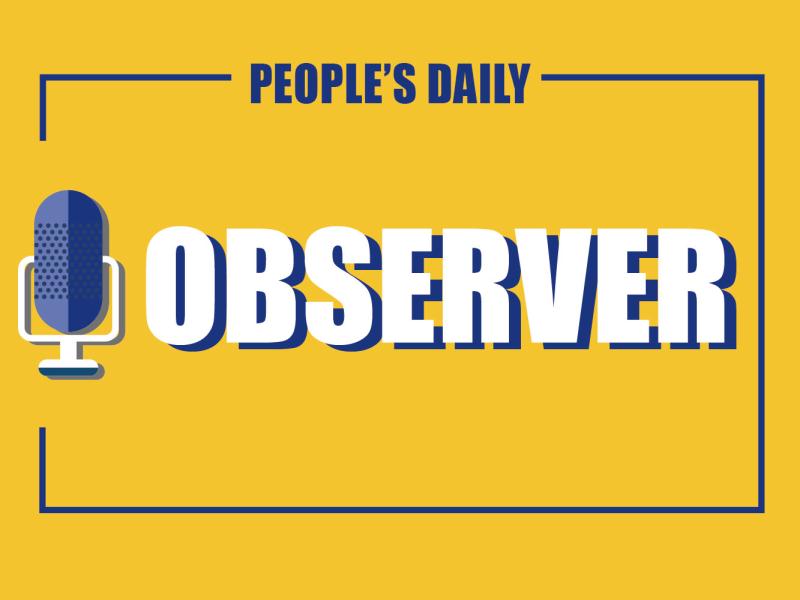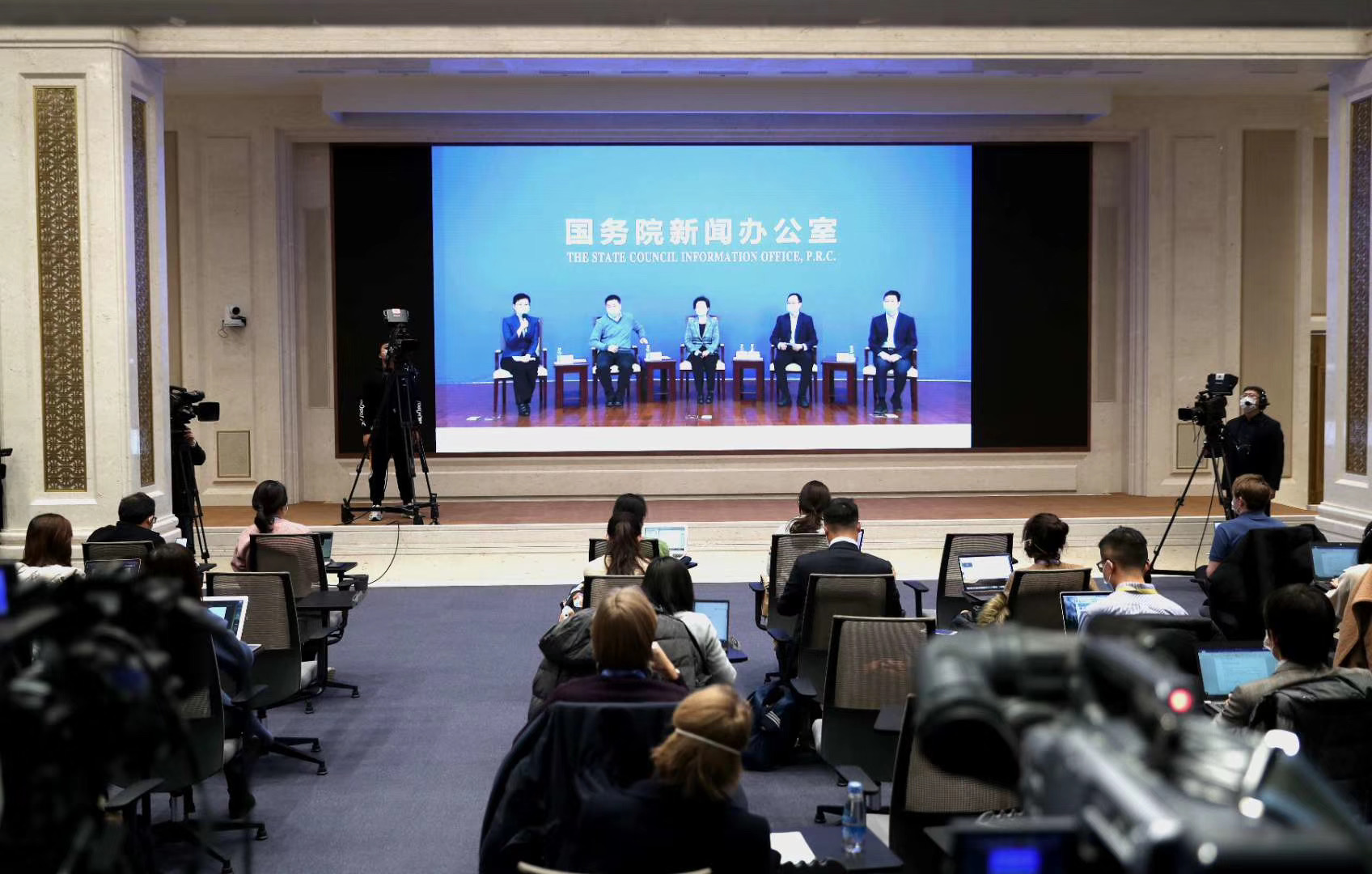
At the press conference held by the State Council Information Office on Wednesday, COVID-19 frontline medical workers shared their expertise on the treatment of the disease in China. With infections of the novel coronavirus surging across the globe, reporters from India, Japan and the UK were all concerned about China's practices in disease prevention and control. Confronted with the daunting challenges that the virus turned into a human tragedy haunting the human race, China, with Wuhan and Hubei as the epicenter and the first country to mobilize the country to fight a nationwide battle, undoubtedly has some lessons worthy of learning to make other countries better prepared for the epidemic.
To take the unprecedented rescue mission, China has made tremendous efforts in popularizing information about the virus so as to raise public awareness and eventually change their behavior. By imposing the largest ever isolation and quarantine measures, postponing school openings and shutting down factories, coupled with media reports on the severity of the virus and how to prevent it, the awareness of wearing masks, reducing public gatherings, washing hands, sterilizing daily necessities and monitoring body temperature is deeply rooted in people's hearts.
It's best to face the truth rather than sugarcoating it. In Italy, with over 3,000 infections of the virus, wearing masks is yet to be recognized by the public. Often, people discriminate against those who wear masks, and even regard such people as carriers of the virus. There's a much longer way to go for people in Italy and other European countries to take necessary precautions before it's too late. Local governments should take the responsibility of informing the public, spreading the knowledge as the first step to make actual changes.
More importantly, coming up with a series of contingency plans is what governments around the world should do. In China, the government has done much to track the source of infected patients, find their contacts, and take solid measures to isolate and quarantine them, which plays a significant role in curbing the spread of the virus.
It's quite worrisome to witness that in some countries with increasing number of infections, public gatherings were not cancelled and isolation measures were not in place, which does only harm to containing the virus. As experts suggested at yesterday's news conference, local governments in other countries should have plans for all possible circumstances, as to detect suspected cases, conduct tests for confirmation, take necessary quarantine measures, and conduct more education and training sessions to all medical personnel to prepare for the hard-fought battle.

The press conference held by the State Council Information Office on international cooperation in response to COVID-19 on Wednesday. (Photo: the State Council Information Office)
In the battle between people and the virus, frontline medical workers are prone to getting infected, so protecting them is among the top priorities for governments all across the world. Therefore, equipping all medics with protective suits, masks and gloves is a must. As long as the public spends most of their time indoors, their chances of infection are significantly lower than that of the medical staff.
In times of shortages of supplies, making sure that the hospitals will always be put high on the agenda is what governments should gear up for. Other countries need to share China's expertise in setting up schemes in the allocation of medical resources, protection of medics. It's disheartening to see that some doctors died on the frontline, but we should also note that many Chinese doctors got discharged from the hospital after they were contracted with the virus.
An article in The Economist said China's experience "holds three important lessons -- to talk to the public, to slow the transmission of the disease and to prepare health systems for a spike in demand."
"China's efforts have bought the world time - even though those steps have come at greater cost to China itself," said WHO Director-General Dr. Tedros Adhanom Ghebreyesus when commenting on China's efforts in the battle against the COVID-19. It's also the time for other countries to draw experience and lessons from China's virus fight.


